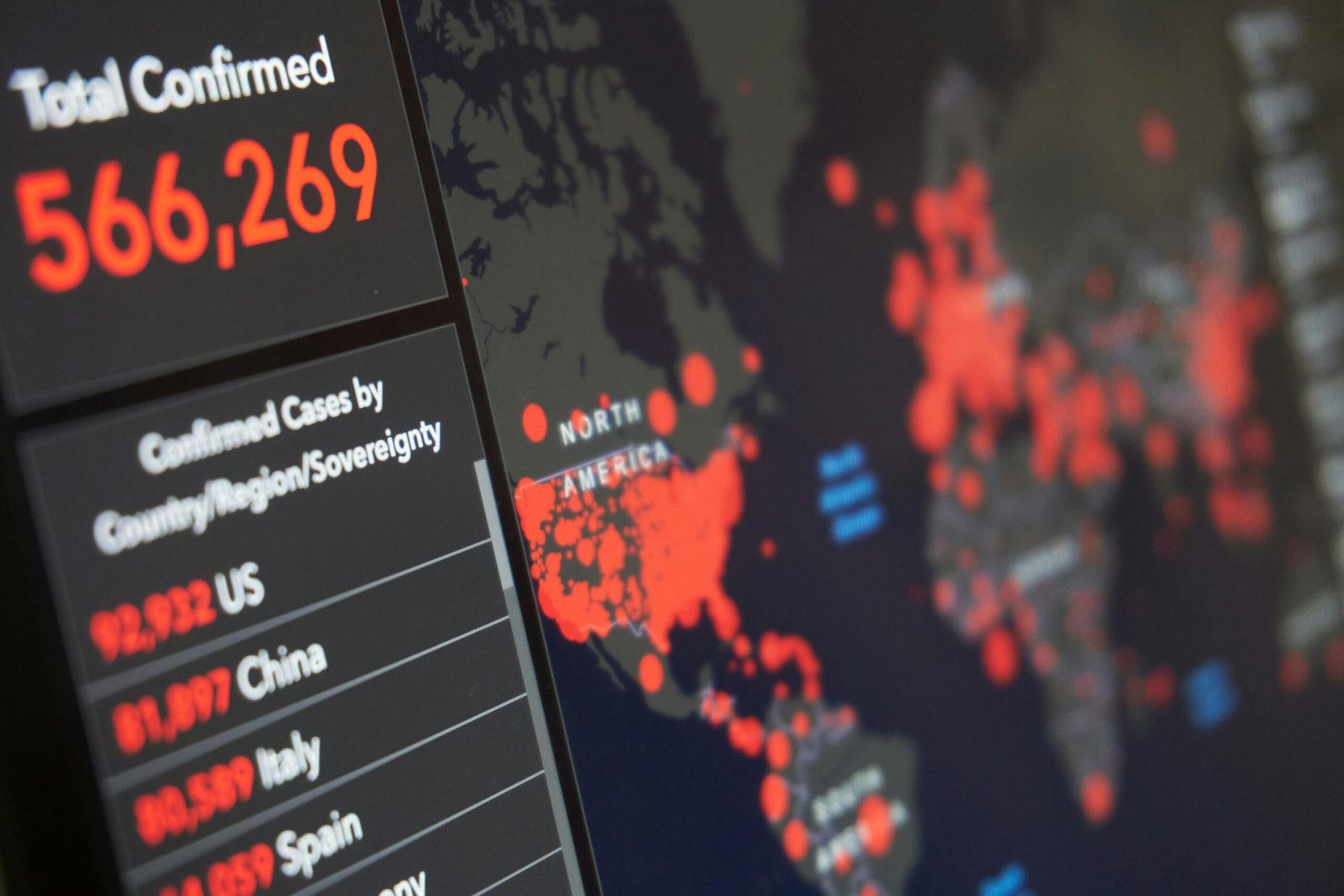The AI Industry’s Breakneck Pace: A Silent Crisis for Researchers
The Glamour and the Grind
From the outside, AI researchers seem to have it all: sky-high salaries, prestige, and a front-row seat to the hottest industry on the planet. But behind the glitz lies a darker reality. The relentless pace of AI innovation is pushing researchers to their limits, with mental health taking a brutal hit. Over half a dozen researchers—some speaking anonymously for fear of reprisals—revealed to TechCrunch that the industry’s breakneck speed has created a toxic cocktail of stress, isolation, and burnout.
“Everything has changed virtually overnight. Our work—both positive and negative results—has huge impacts, measured by product exposure and financial consequences.”
Anonymous AI Researcher
The Speed Trap: When Innovation Becomes a Burden
Take December 2024, for example. OpenAI hosted 12 livestreams, announcing over a dozen new tools, models, and services. Google responded in kind, flooding the internet with press releases, blog posts, and social media updates. This high-stakes game of one-upmanship isn’t just exhausting—it’s unsustainable.
- OpenAI: Researchers often work six days a week, with grueling hours stretching past quitting time. CEO Sam Altman pushes teams to turn breakthroughs into products at breakneck speed.
- Google DeepMind: Teams developing Gemini, Google’s flagship AI model, reportedly worked 120-hour weeks to fix a critical bug.
- xAI: Engineers at Elon Musk’s AI company regularly post about working through the night, with little time for rest.
The Cost of Competition
Why the relentless push? The stakes are sky-high. A single misstep can cost billions. Case in point: Google parent Alphabet lost $90 billion in market value after a bug in Gemini generated controversial depictions of historical figures. The pressure to stay ahead is crushing.
“One of the biggest pressures is competitiveness, combined with rapid timescales.”
Kai Arulkumaran, Research Lead at Araya
Monthly—sometimes weekly—AI companies battle for supremacy on leaderboards like Chatbot Arena, which ranks models across categories like math and coding. This race has “had a nontrivial impact on the velocity of AI development,” says Logan Kilpatrick, who leads product for Google Gemini developer tools.
The Human Toll
For many researchers, the pace is soul-crushing. Zihan Wang, a robotics engineer at a stealth AI startup, sums it up: “If there’s a huge probability that someone goes faster than me, what is the meaning of what I’m doing?” The focus on commercialization has also eroded academic camaraderie. Open collaboration is now the exception, not the norm.
“Now there is increasingly a focus on commercialization, closed-source scaling, and execution—without contributing back to the scientific community.”
Anonymous AI Researcher
From Grad School to Burnout
The seeds of this stress are often planted early. Gowthami Somepalli, a Ph.D. student at the University of Maryland, describes the “publish or perish” mentality as isolating and overwhelming. “I stopped taking vacations after my first two years because I felt guilty about stepping away before publishing any studies,” she says. “I constantly suffered from impostor syndrome.”
What Can Be Done?
Change won’t come easy, but small steps can make a difference. Somepalli advocates for normalizing discussions about struggles. Bhaskar Bhatt, an AI consultant at EY, stresses the need for robust support networks and policies that prioritize mental well-being. Ofir Press, a postdoctoral student at Princeton, suggests fewer conferences and weeklong “pauses” on paper submissions to give researchers a breather.
“We need to educate people from the beginning that AI is just work. We need to focus on family, friends, and the more sublime things in life.”
Raj Dabre, AI Researcher at NICT Japan
The Bottom Line
The AI industry is at a crossroads. The pace of innovation is exhilarating, but it’s also unsustainable. Without meaningful change, the very people driving this revolution risk burning out—and taking the industry down with them. The question isn’t whether we can slow down. It’s whether we can afford not to.



